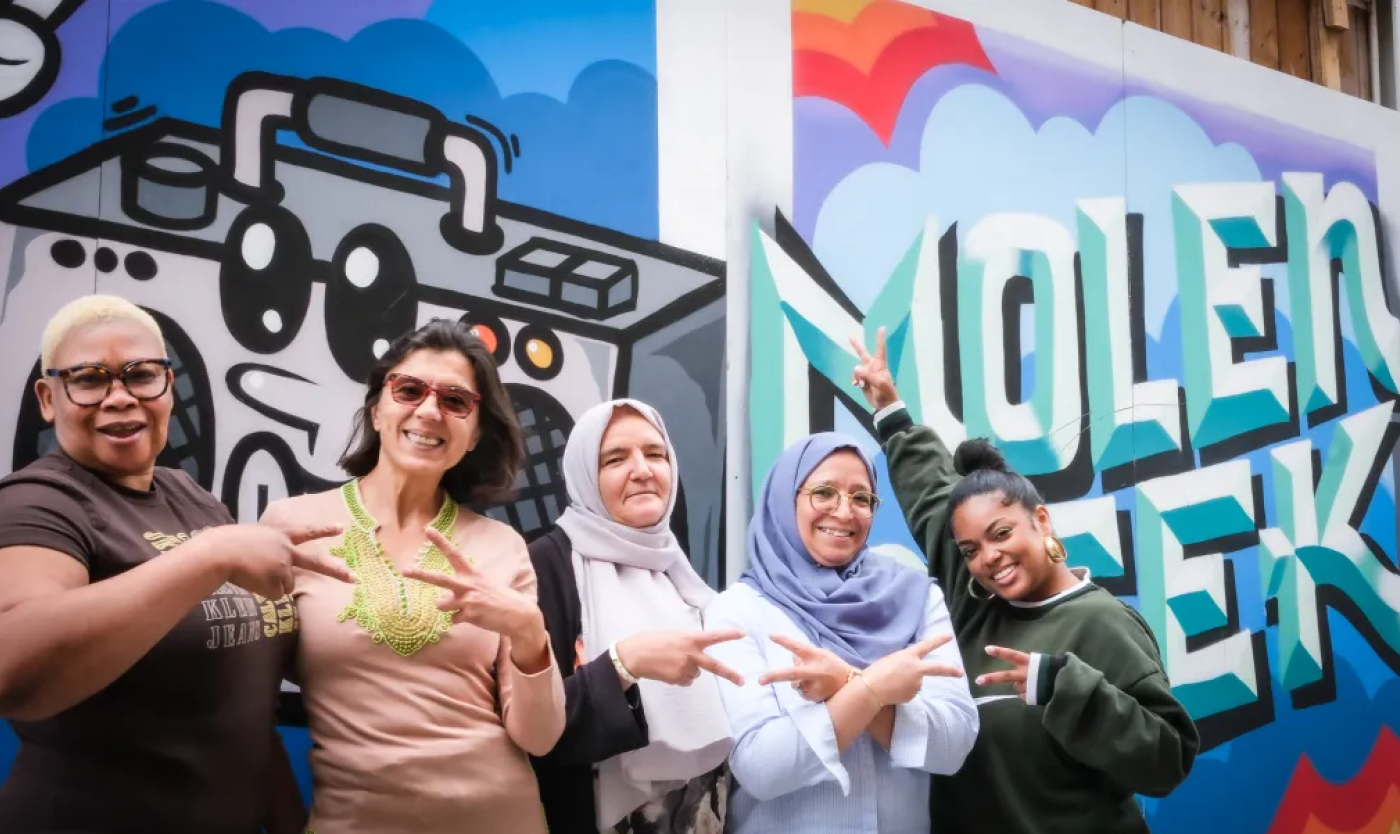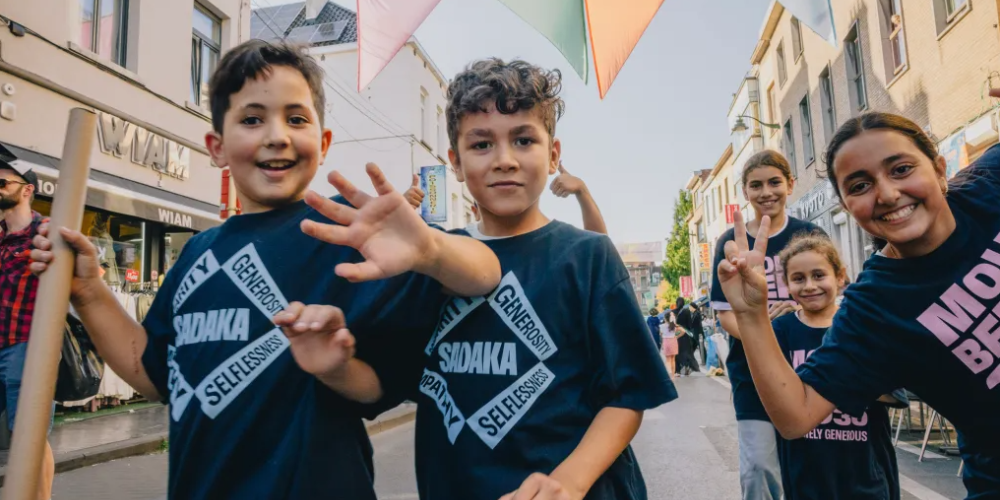
With Molenbeek for Brussels 2030, Sint-Jans-Molenbeek is competing alongside Leuven and Namur for the title of European Capital of Culture 2030. The VUB, together with the ULB, is backing the bid and has appointed professors Katarzyna Ruchel-Stockmans (contemporary art) and Wim Vandenbussche (partnerships) as academic promoters
Why does the VUB want to back Molenbeek’s bid?
Wim: “The VUB attaches great importance to its role as an actor in the city. We start from the idea that cities with a university are different from cities without one. And that universities in a metropolis are different from those outside a big city. Because this project is so crucial for Brussels, the university decided to support the candidacy wholeheartedly.”
Kasia: “The guiding principle of this project is generosity: giving without expecting anything in return. That idea exists in many cultures, but it runs counter to the neoliberal view that every exchange must be profitable. This notion of generosity fits perfectly with what we mean by an Urban Engaged University – a university that wants to play a selfless role in a hyper-urban context.”
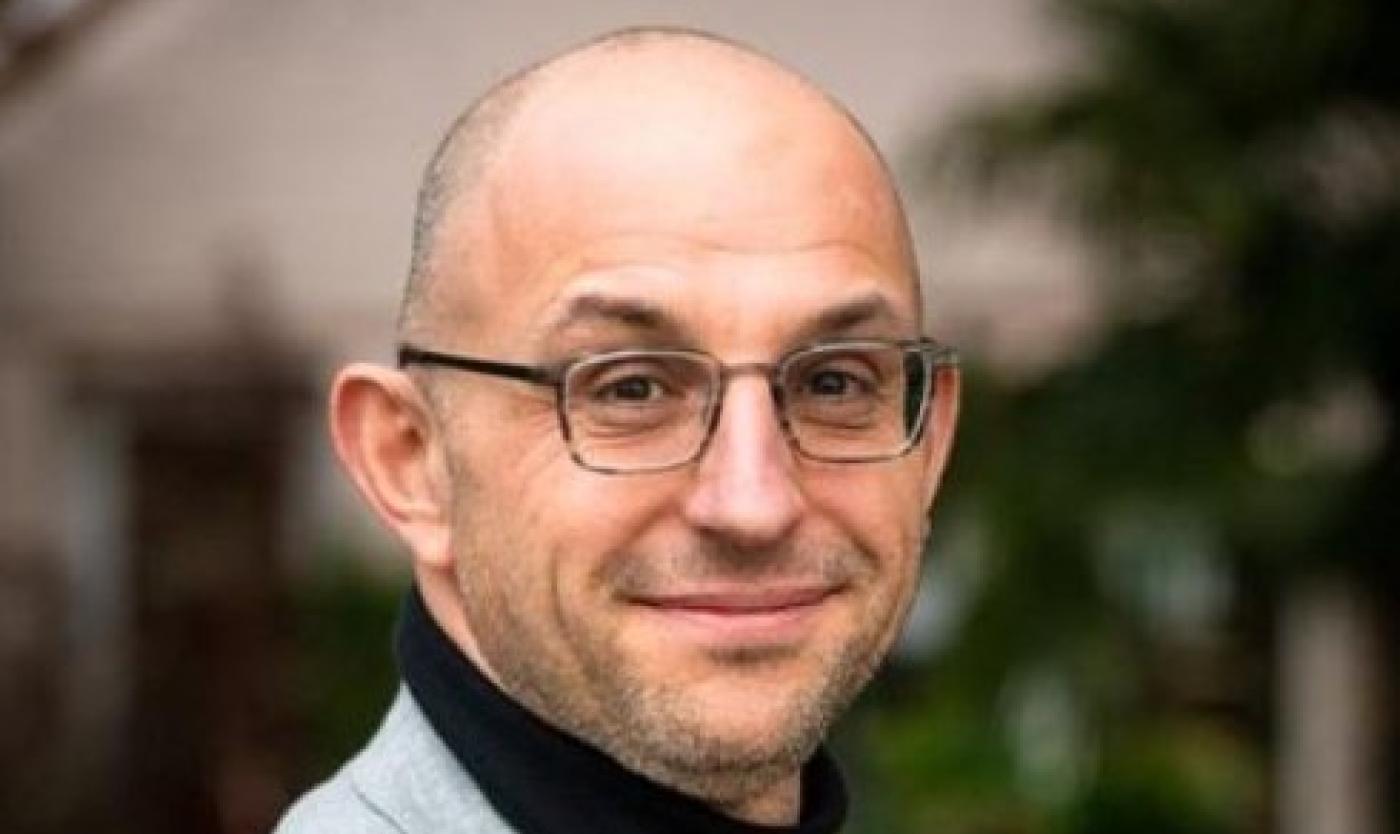
Wim Vandenbussche
Wim: “In fact, the project is part of the rapprochement with the city that VUB and ULB launched under rector Caroline Pauwels, and which under the current rectorate is taking on new form. In this vision, the university offers its knowledge and expertise in service of Brussels as a super-diverse Living Lab.”
What was your role as academic promoters?
Kasia: “Together with ULB, many VUB lecturers, researchers, students, project staff and policy officers have been actively involved in preparing the bid for several years now. Wim and I joined in December 2024 to form a bridge between the core team and the academic community. We try to streamline communication between the two. For example, we organised info sessions for lecturers and coordinated with the university’s leadership to make sure everyone was on board.”
“Molenbeek has the image of a troubled neighbourhood – Molenbeek 2030 aims to flip the script”
What makes Molenbeek for Brussels 2030 so valuable? And why should the title go to Molenbeek rather than Leuven or Namur?
Kasia: “Molenbeek has an image as a problem district. One of the core ideas of Molenbeek for Brussels 2030 is to ‘flip the script’. Let’s turn it around. Let’s see all those cultures and languages in this so-called problem area as a richness. Let’s use that as a starting point for thinking about the future of Europe. After all, when we talk about Europe’s future, strengthening community ties in a hyper-diverse context is vital. And where better to do that than in Molenbeek? The metropolitan context is completely different from a smaller city like Leuven or Namur. For the European institutions promoting and sponsoring this project, that can only be of real value.”
Wim: “I completely agree. The hundreds of languages and communities define our city and set Brussels apart not only from other Belgian cities, but also from many global capitals. That is an incredible asset. And what’s so beautiful about this project is how strongly it taps into that. It’s not about promoting the city itself. We’re not aiming for a new museum or concert hall. It’s about strengthening community bonds at a moment in history when that is crucial. If the commission truly wants to choose something ground-breaking, they must choose this project.”
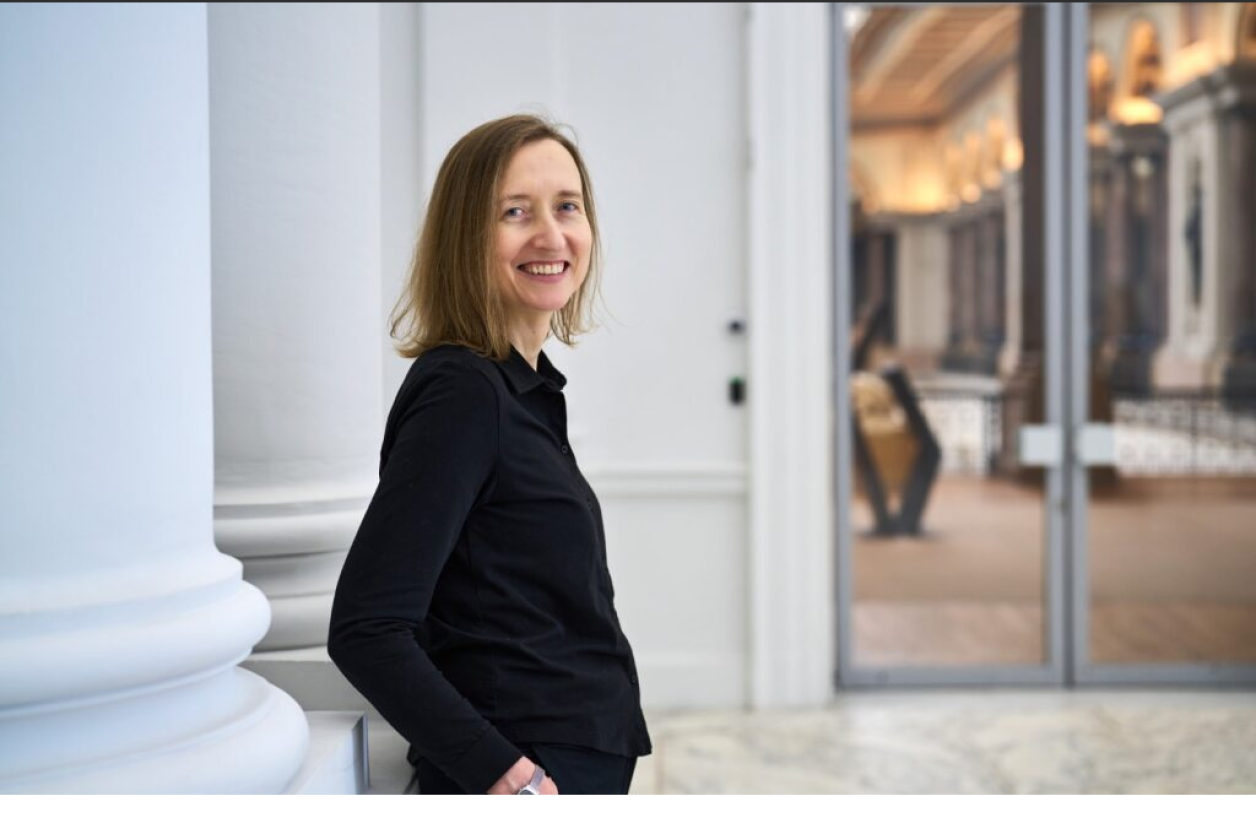
Katarzyna Ruchel-Stockmans
Are the universities in Leuven and Namur involved in the same way?
Wim: “Yes, the universities are involved. In Leuven, for example, the bid is tied to the university’s 600th anniversary – although the timing doesn’t actually coincide. The rector of the Université de Namur, meanwhile, is chair of the committee leading Namur’s candidacy. But for the VUB and ULB, the involvement is quite different. With a hundred different nationalities on our campus, we have a natural bond with the metropolis. Themes that are central to us as a university, such as inclusion and multilingualism, are also reflected in this project.”
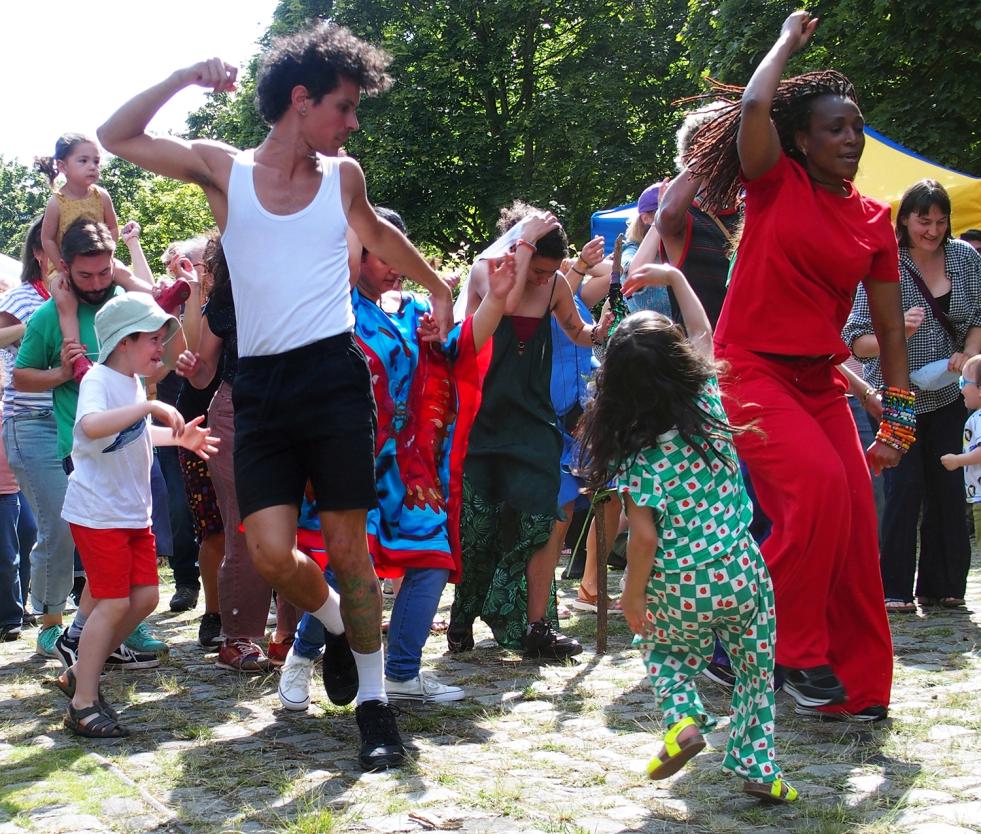
What role does the university want to play in Molenbeek for Brussels 2030?
Kasia: “We can make a strong contribution through participatory research and education. By involving students in project-based teaching or internships, they become part of the community that is forming around this project. At the same time, as a university we will maintain our critical research perspective. For instance, we could document and analyse the impact of the title year. Take contemporary art centre KANAL – Centre Pompidou. The museum very deliberately seeks to engage different audiences. For a university, that is a fascinating case to reflect on participation in art. How can contemporary art, often seen as elitist and inaccessible, mean something to Molenbeek’s diverse community — people who might not otherwise visit such institutions? And how will that evolve through a festival that explicitly aims to involve that community in cultural events?”
Wim: “It goes further than that. When we are present there as an institution, we aim to be present in our entirety. Our participation is not at all limited to culture in the classical sense. For example, in the context of such a community project, it is perfectly possible to introduce medical research. Within Brussels, Molenbeek has the highest incidence of diabetes. The festival, which will mobilise many people, could be an excellent opportunity to recruit participants for diabetes research. And I could think of countless more examples. The city can truly function as a living lab.”
Are those research projects already fixed?
Wim: “There have been many discussions with the Research and Development department. A research framework has been drawn up around the project’s key themes, with objectives and success indicators. The commitment is deep, but we will only roll this out once there is certainty about the candidacy. If you do it now, you risk overburdening people who are already being asked a lot. But I fully expect that once the title is awarded, there will be huge momentum. Everyone will want to be involved.”
Would the preparatory work have been in vain if Molenbeek does not get the title?
Kasia: “No. Preparing for such a large project is in itself a valuable learning process — exploring the field, building contacts and strengthening collaborations. That has a lasting impact, whether the bid is successful or not.”
Let’s assume Molenbeek is chosen. What will the long-term effects be, for the VUB but also for Brussels?
Kasia: “When you think about the research projects that will be launched, they always run for several years. And usually one research project leads to another. So if we start something, it will certainly have a lasting impact. The close collaboration with different actors in Brussels and beyond will also have a positive effect in the long term.”
Wim: “The most important impact will be for the people of Molenbeek. Within the project, we want to create a knowledge centre where the local community can develop skills and expertise to sustain that cultural dynamic in the long run. I find that fantastic: giving the community, as a legacy, the knowledge and skills to carry on for decades to come. On a human level, that is at least as important as all the cultural temples built in other Capitals of Culture. And it really ties into the identity of VUB and ULB, to the core of what we do for human development. Imagine that we encourage the local community to organise a hip-hop festival of their own in the future — that genuinely transforms the social fabric and creates opportunities. Molenbeek for Brussels 2030 is therefore an empowering project for the people themselves, for the residents of the city and the region. And who knows, that young generation may well find its way to our university later on.”
